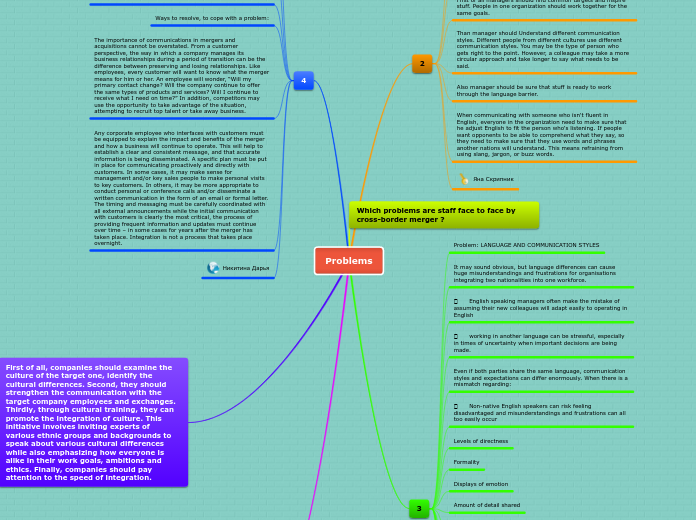af Nikitina Daria 6 år siden
244
Mental Card for NY
The integration process following a cross-border merger is crucial for the success of the merger. Initially, both companies need to assess whether the merger aligns with their current objectives.

af Nikitina Daria 6 år siden
244

Mere som dette